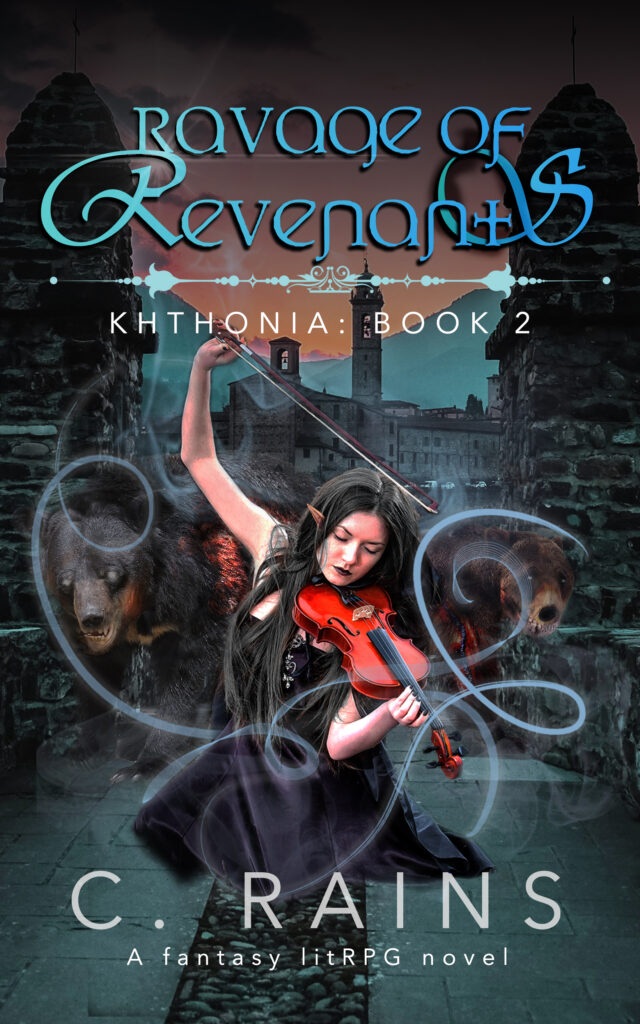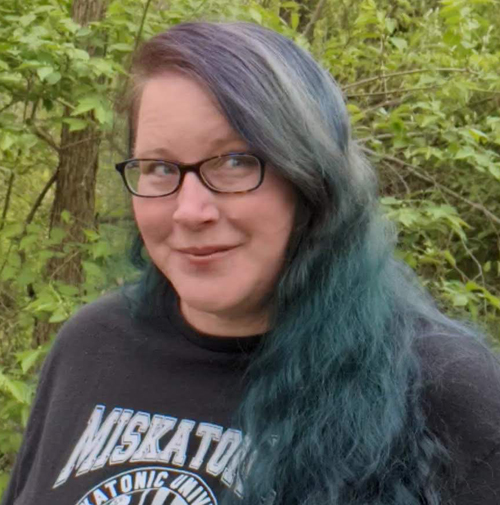

1. Are there any books or writers that inspired you to become a writer?
I have always been a writer. I still have stories I wrote when I was five-years-old. I don’t remember who influenced me at that age, but the first big author who I greatly admired and still do is Stephen King. When I first started reading his books, I loved his stories because of the horror aspect. He seemed to so easily create that creepiness and tension. Now that I’m older, I love that he’s a character writer. While the plots are fantastic, it’s about the characters for me, and King writes phenomenal ones. Characterization is most important to me as I write and read. Complex characters who learn and grow, not just on one level, but on several.
2. Have you ever considered writing under a pseudonym, and why or why not?
I have not only considered it, I do write under a pseudonym. When I started writing, I used my real name, and I still do for the majority of my stories. I also write under the name Morena Silver. I chose to do this because I wanted to focus on a particular genre (which is fantasy and paranormal romance). I have several novels, novellas, and short stories written under my real name that spread across various genres. It is incredibly difficult to brand yourself as a multi-genre author and try to promote your books. Each genre has a different audience, and you need to find and focus on them. When I created Morena Silver, I knew exactly where to find my audience and where to market to them. Because of that, my first Morena Silver book was much more successful than any of the books I’ve published under my own name. Yet I still write under my name because I don’t like to be restricted to one genre.
3. How do you celebrate when you finish your book?My favorite way to celebrate is to bake cookies. Peanut butter and chocolate chip cookies are my favorite. I celebrate little goals too, especially if I’m struggling with a project. I don’t particularly like the editing process, so I treat myself each time I finish a go-through of the manuscript. I’m trying to steer myself away from celebrating with food all the time. The last set of edits I finished, I let myself relax by painting my toenails purple and taking an hour to read.
4. What characters in your book are most similar to you or to people you know?
I’m currently editing the final book in my fantasy LitRPG trilogy, Blight of the Necromancer (Khthonia #3). This series was inspired by my own love and experiences playing tabletop role-playing games like Dungeons & Dragons and Call of Cthulhu. The main character, Essaerae, is a lot like me. She has social anxiety, a love of true crime, and she’s an over-thinker. She chose to play a bard in the game, and when the players are sucked into the dark realm of Khthonia, she greatly regrets that choice. The whole cast of characters have bits and pieces of gamers I’ve known over the years, but none of them are modeled after any particular person.
5. If you were to write a spin-off about a side character, which would you pick?
If I were to pick one side character from my LitRPG trilogy who would love to have his own adventure, it would be the dwarven archer, Brouric Bonemaul. He’s not your stereotypical fantasy dwarf. Brouric is hilarious and a trickster. People underestimate him, but he’s very clever. I often imagine all the trouble he would get into if left by himself somewhere.
6. What was your hardest scene to write, and why?
In Ravage of Revenants (Khthonia #2), the final battle was the most difficult to write. There were so many moving parts, I had to use a hex map to keep track of where all the characters were and when. The hardest scene in Blight of the Necromancer (Khthonia #3) was the ending, but for a very different reason. It was an incredibly emotional scene. The protagonist deals with grief throughout the novel, and while I knew how I wanted to finish the story, that grief still weighed on her, and I keenly felt it as I was writing it. Robert Frost said: “No tears in the writer, no tears in the reader.” There were big fat tears streaming down my cheeks, and even as I continue to edit the manuscript, I get emotional going over that scene. I hope my readers feel that along with Essaerae too.
7. What authors did you dislike at first but then develop an appreciation for?
I’m not going to name any specific authors here but a genre. When I was a young woman, I hated the romance genre. The feminist in me was a little punk and rebelled against it. I refused to even give romance a chance. As I grew older and my inner feminist gained wisdom, I started to read romances, and I realized I had been missing out on a fabulous genre. It surprised me, and I discovered that romance is perfect for character writers, but its focus is on the relationship, on emotion. It’s the internal struggle more so than the external one. One of the biggest things I love to do is explore relationships in my stories. While friendships and family are important, romantic love is such a powerful emotion and affects characters on so many levels. Never judge a book by its cover, even if that cover has a swooning woman and a shirtless man.
8. What books do you enjoy reading?
I read in every genre, fiction and nonfiction. It will depend on my mood, if I want something dark or something lighter. I read many of the same books my teenage son does, so we can talk about them together. For June and July, I’ll be reading books that go along with the theme of the summer reading challenge our local library is hosting. (The theme is mythological creatures, so that makes me very happy!) For nearly two decades, I’ve had the goal of reading 100 books a year, and I’ve succeeded every time. When I was young, I used to reread books, but now my to be read list is so long, I don’t have time. There are so many great stories out there that I can’t wait to dive into.
9. What do you think is the best way to improve writing skills?
There are three things I consider vital to improving your writing skills: writing, reading, and observation.
Writing – Of course if you want to get better at your craft, you must practice it. Not everything you write has to be publishable. Write because you love it, because it challenges you, because it frees you. Write in various genres to stretch your muse’s muscles. Use prompts and challenges. The more you write, the better you will become.
Reading – Reading is just as vital as writing to an author. While it is important to let your inner editor examine the story structure, the style, the tropes, and a hundred other things, do not forget to enjoy books as a reader too. Never lose that joy. Make note of what particularly affects you as a reader in good and bad ways, and use that to improve your writing.
Observation – When you’re out there living your life, sit back and look around you. Watch how people talk and interact with one another. Drink in how it feels sitting in a crowded restaurant or watching the sunset over the beach by yourself with all your senses and heart. What stands out most to you? What do few people notice? Stories are made more vivid through the little details, and you’ll discover them by living them yourself.
10. What’s your favorite and least favorite part of publishing?
My favorite part of publishing is writing the first draft. I love to get lost in a story and see how it evolves. I’m a pantser, so all the twists and turns are as much of a surprise to me as they are to the reader. Sharing these stories with readers brings me a lot of happiness. My least favorite part is marketing. There is no one way to promote your book, and just because you’ve marketed one of your books a certain way, it doesn’t mean that path is the right one for your next book. It’s incredibly frustrating and depressing. I still struggle trying to find ways to be seen in an oversaturated industry. Yet in the end, I keep coming back to the advice: do what you love. If you don’t like doing in-person events, don’t sign up for them. If you don’t like Twitter, don’t use it. There have been authors who have succeeded by doing no marketing and those who have by being everywhere and having a hand in everything. If you try to do too much, you’ll leech the joy out of what you love to do. Don’t let the business side of writing kill your passion.
Website: https://christinerainswrit.wixsite.com/home
Twitter: https://twitter.com/CRainsWriter
Facebook: https://www.facebook.com/authorchristinerains
Amazon: https://www.amazon.com/stores/Christine-Rains/author/B00AZYIAT4